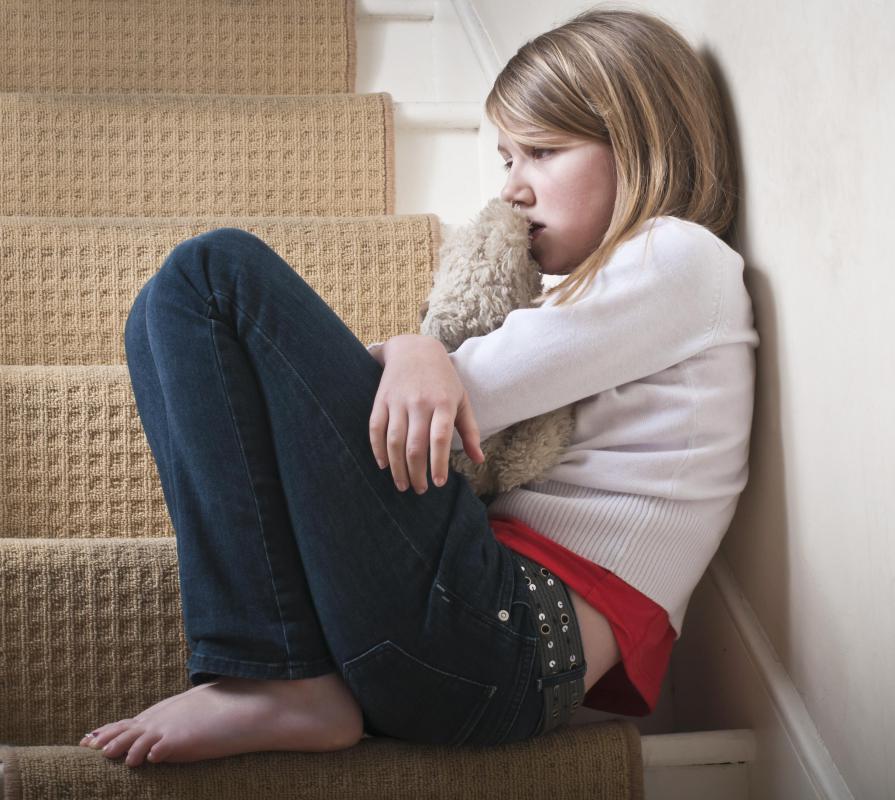At WiseGEEK, we're committed to delivering accurate, trustworthy information. Our expert-authored content is rigorously fact-checked and sourced from credible authorities. Discover how we uphold the highest standards in providing you with reliable knowledge.
What is Dependency Court?
Cases involving abuse, neglect or abandonment of juveniles are heard in dependency court. The primary function of this division of family law is to intervene in situations where a minor child has suffered serious harm that was inflicted intentionally by a parent or legal guardian, or in cases where harm is imminent because of the parent or guardian's unwillingness to provide basic needs for the child. Important decisions about the parent's retention of child custody or the placement of a child into the foster care system are made in this court.
The dependency court can assume jurisdiction over a minor child's care and custody when a social worker initiates a petition to the court. Before this happens, a social worker usually will evaluate the family home environment. This often occurs after an initial complaint is filed by either the victimized child, a concerned individual or an institution such as a hospital or the child's school.

If, after the social worker's evaluation of the home, he or she believes that the parent is willing to cooperate, the social worker takes on a supervisory role and makes regular visits to the home. Appropriate recommendations can be made depending on the family's situation. Counseling and emergency financial or housing services might be recommended. If the parents are unwilling to cooperate and the social worker feels that judicial intervention is necessary to protect the child from serious physical or emotional harm, the child can be removed from the home. The child's care would then be overseen by the dependency court.

A combination of lawyers, social workers, investigators and child advocates work in unison to assist the judge in making appropriate decisions regarding the welfare of a child. Ideally, the dependency court's goal is to keep the family together, not to punish the parents or impose criminal sanctions. As long as the child's parents are willing to cooperate with the court's recommendations, a comprehensive plan to rehabilitate the family unit typically is ordered.

Stipulations of a rehabilitative plan might include drug and alcohol treatment, family counseling or the creation and maintenance of housing to ensure a suitable home environment. During the stage of implementing a court-ordered plan, the court could allow the child to return to the home. Alternatively, a custodian for the child could be appointment by the court, and the parents could be allowed supervised visitation until the issues are resolved.
The dependency court usually would much rather see a child returned to his or her home, but there are situations where the court-ordered plan is not followed in good faith and it would be deemed dangerous for the child to return to the home. In extreme cases, the dependency court judge is responsible for making a decision regarding the permanent removal of the child from the family home. This could result in the loss of the parents' parental rights and physical custody.
Not all cases are referred to the dependency court are a result of physical abuse. In cases of abandonment, such as when a parent or guardian chooses to relinquish parental rights or when a parent becomes incarcerated, the child might then become a dependent of the court. The decision to place the child in foster care until adoption can be arranged or to allow a family member to assume custody would be made by the dependency court.
AS FEATURED ON:
AS FEATURED ON:













Discuss this Article
Post your comments